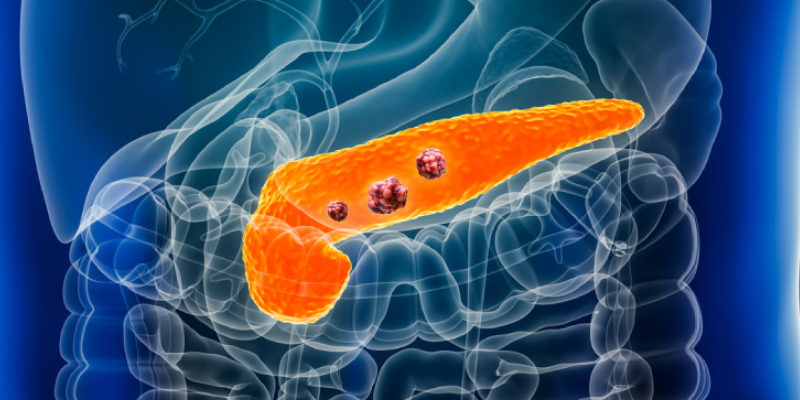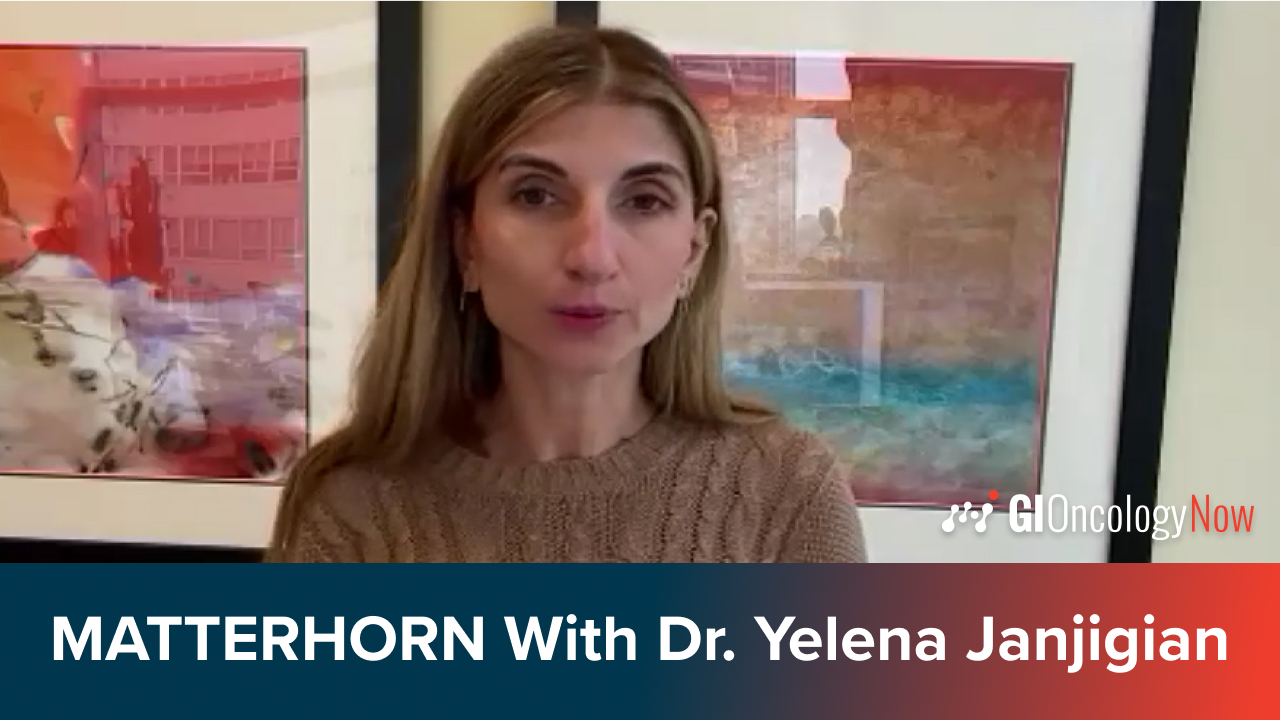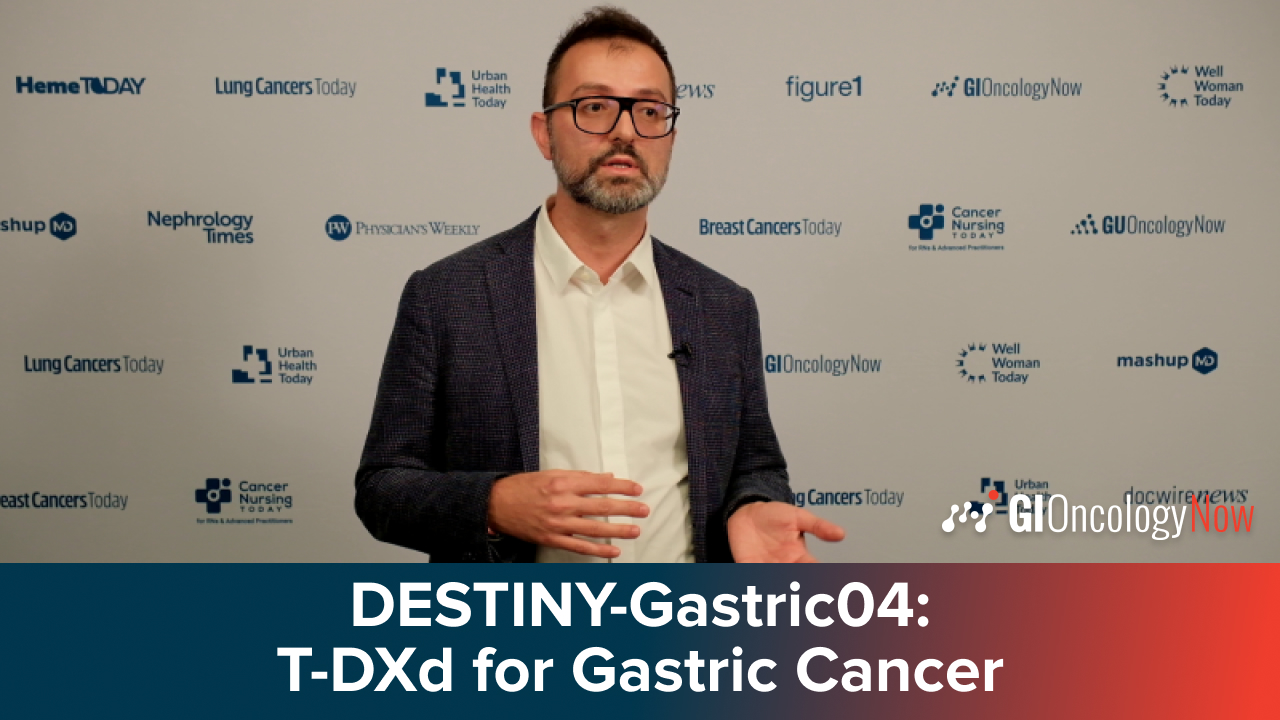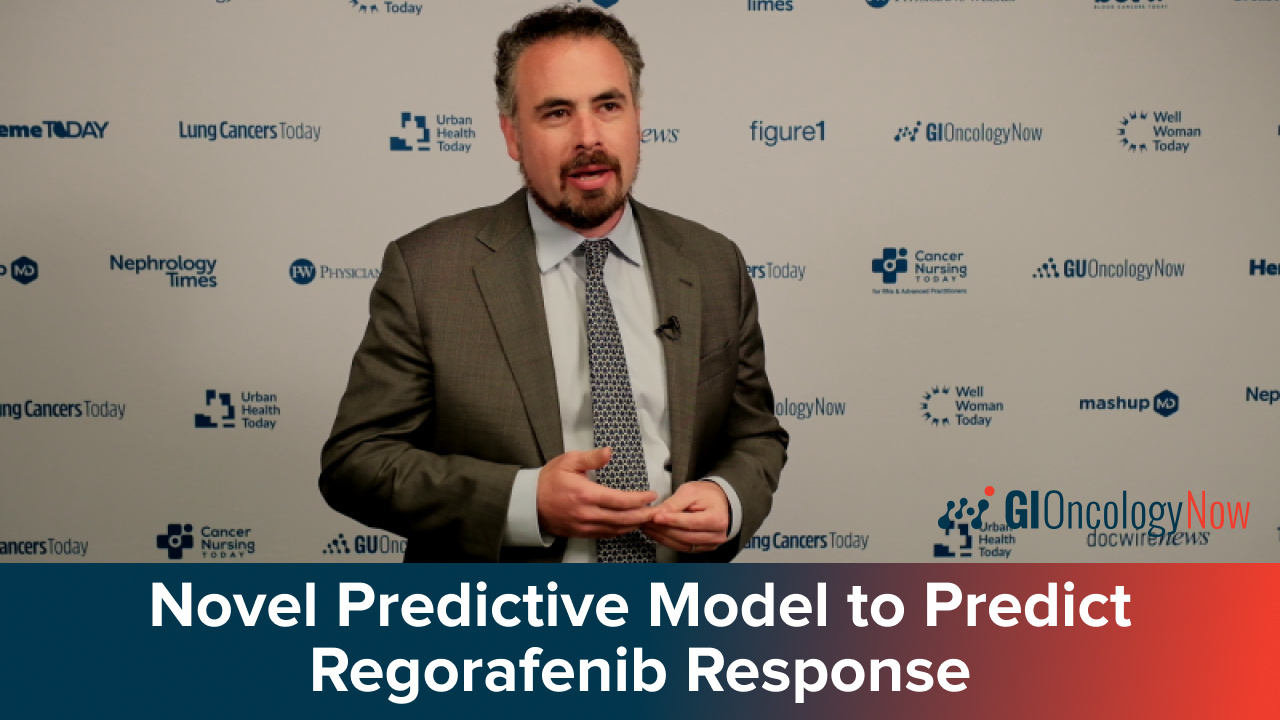
The combination of a tyrosine-kinase inhibitor (TKI) plus idodine-125 seed brachytherapy (TKI-I) was found to significantly improve survival compared with TKI alone for the treatment of hepatocellular carcinoma (HCC) in patients who are refractory to transarterial chemoembolization (TACE). These findings were published in Cancer Imaging.
In total, 132 patients were included in the retrospective analysis. Patients received treatment with a TKI (sorafenib or lenvatinib) or TKI-I between September 2018 and December 2020. Propensity score matching was conducted to reduce bias. The primary end points were overall survival (OS) and time to progression (TTP). Secondary end points were tumor responses and treatment-related adverse events (TRAEs). Follow-up was performed every 4 to 8 weeks until death or the follow-up cutoff date (December 31, 2021).
Treatment with iodine-125 seed brachytherapy was indicated for patients with nondiffuse viable intrahepatic tumor and/or vascular tumor thrombosis who had a good performance status, Child-Pugh class A/B liver function, prothrombin time prolongation of <4 seconds, and platelet count of ≥50 × 109/L. Use of this treatment was determined according to physician recommendation and patient choice. Iodine-125 seed implantation was performed within a week of TKI administration.
Sixty-eight patients received TKI-I and 64 received TKI alone. After propensity score matching, 48 matched pairs were selected for comparison.
The median OS was 23.2 months (95% CI, 20.9-25.1) in the TKI-I group and 13.9 months (95% CI, 11.1-16.7) months in the TKI group (P<.001). Median TTP was 12.8 months (95% CI, 10.1-15.5) and 5.8 months (95% CI, 5.0-6.6), respectively (P<.001). The objective response rate was higher in the TKI-I group (68.8% vs 33.3%, P=.001), as was the disease control rate (89.6% vs 66.7%, P=.007).
Incidence and severity of TRAEs were similar between groups, including for grade ≥3 events. Adverse events related to iodine-125 seed implantation occurred in 10 patients (14.7%), including 1 grade 4 right hemothorax, which was successfully managed by intercostal artery embolization, and 1 grade 3 instance of needle track tumor seeding.
“Our study showed that the treatment with TKI-I was associated with better OS, TTP, and tumor response than TKI alone in HCC patients with TACE refractoriness. These findings were consistently substantiated by the total cohort and the propensity score-matched cohort,” the authors concluded.
They acknowledged several limitations, including the study’s retrospective nature. Additionally, “since iodine-125 seed brachytherapy is a locoregional therapy that requires percutaneous transhepatic puncture, the patients with a good performance status, a preserved liver function, and a smaller tumor burden were more likely to be recommended for combining this treatment. This treatment preference inevitably led to selection bias,” which was attenuated by the propensity scored matching. They also noted that 2 TKIs were used, which could potentially impact clinical outcomes.







 © 2025 Mashup Media, LLC, a Formedics Property. All Rights Reserved.
© 2025 Mashup Media, LLC, a Formedics Property. All Rights Reserved.